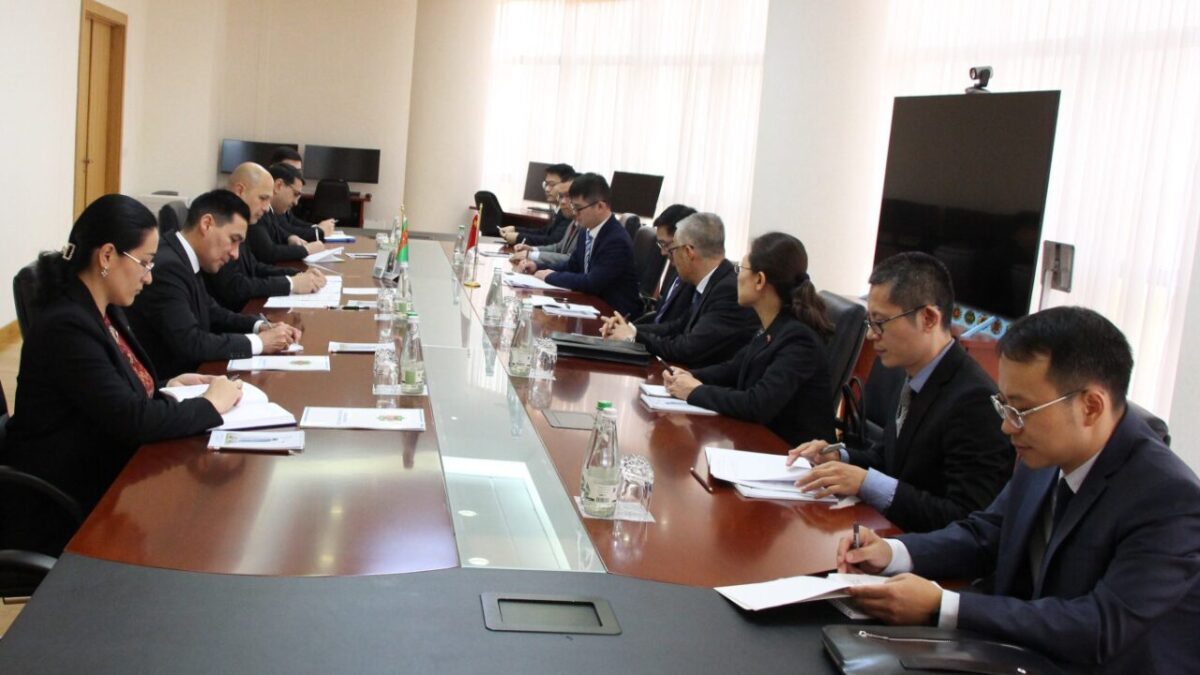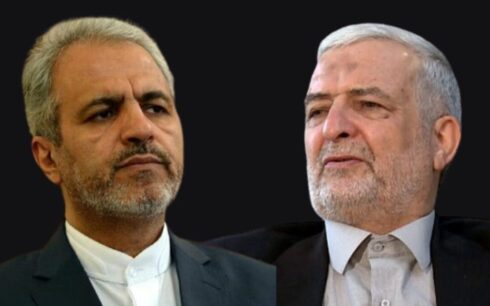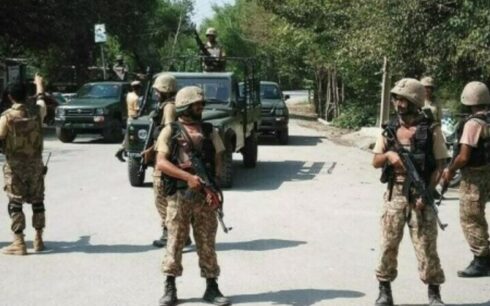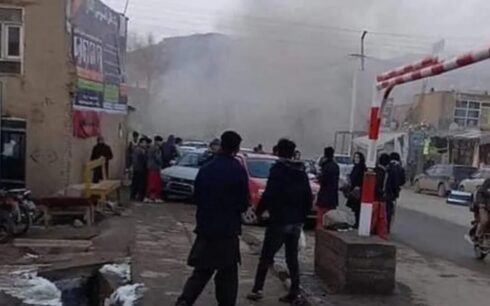China’s special envoy for Afghanistan has arrived in Kabul following visits to Pakistan and Turkmenistan, holding talks with Taliban officials on strengthening bilateral ties and promoting regional stability.
The diplomat’s trip highlights a growing wave of regional consultations on Afghanistan, particularly as nations respond to shifting geopolitical dynamics following Donald Trump’s return to the U.S. presidency.
China, Russia, and Iran—three influential powers in the region—appear to be working toward building a regional consensus on how to approach Taliban-led Afghanistan. Their efforts reflect overlapping concerns about security and economic interests, as well as a shared unease over potential changes in U.S. policy toward Afghanistan under the Trump administration.
China’s diplomatic tour
Yue Xiaoyong, China’s special envoy for Afghanistan, has been actively engaging with regional leaders. His recent itinerary underscores Beijing’s determination to play a prominent role in Afghanistan’s future:
November 19: Discussions in Islamabad focused on Afghanistan’s stability and bilateral cooperation.
November 21: Meetings in Turkmenistan with officials to discuss the situation in Afghanistan.
Present: Engagements in Kabul with Taliban officials.
These meetings have centered on fostering stronger bilateral relations and addressing Afghanistan’s political and economic challenges.

Diplomatic efforts by Iran and Russia
China’s moves come amid similar efforts by Iran and Russia. Last week, Iran’s former special envoy for Afghanistan held a series of meetings with key Afghan and international stakeholders, including Taliban officials and representatives from the United Nations Assistance Mission in Afghanistan (UNAMA).
He met with Abdul Salam Hanafi, deputy prime minister of the Taliban; Mohammad Yaqoob Mujahid, the Taliban’s defense minister; former Afghan President Hamid Karzai; and ambassadors from Uzbekistan and Japan. Discussions reportedly focused on bolstering bilateral relations and addressing shared security concerns.
Meanwhile, Russia’s special envoy for Afghanistan traveled to Islamabad to consult with Pakistani officials on Afghanistan’s security challenges and broader regional stability.
A strategic response to Trump’s policies
Analysts suggest that Trump’s victory and his administration’s potential stance on Afghanistan have heightened concerns for China, Russia, and Iran. The three nations, which have cultivated close ties with the Taliban over the past three years, now face uncertainties regarding U.S. intentions in the region.
“These powers are moving to protect their interests in Afghanistan,” said Sayed Masoud, a professor at Kabul University. “While their motivations differ—China’s focus is economic, Russia’s is security-driven, and Iran’s is political and border-centric—they share common concerns about the potential for renewed Western intervention.”
Masoud warned that Afghanistan could once again become a battleground for regional and global rivalries. “The actions of China, Russia, and Iran are largely in competition with Western interests. Afghanistan must avoid becoming a pawn in this power struggle,” he said.
Competing agendas
China, Russia, and Iran each bring distinct narratives and priorities to their engagement with Afghanistan:
China: Beijing seeks to advance economic projects, particularly in infrastructure, as part of its Belt and Road Initiative. Stability in Afghanistan is critical to China’s investments in the region.
Russia: Moscow remains deeply concerned about security threats emanating from Afghanistan, particularly the spread of ISIS and other extremist groups into Central Asia.
Iran: Tehran prioritizes political and security concerns, especially regarding its eastern borders, and seeks to counter U.S. influence in the region.
“The policies of the Trump administration regarding Afghanistan, Iran, and China are unpredictable and aggressive,” said Wahid Fakiri, an international relations expert. “Russia, China, and Iran are deeply apprehensive and are working to form a regional consensus to counter potential U.S. strategies.”
While the engagement of China, Russia, and Iran highlights the importance of regional cooperation, it also raises the prospect of internal divisions within the Taliban and intensified diplomatic rivalries.
“The Taliban may find themselves pulled in multiple directions as regional powers compete for influence,” Fakiri said. “This could lead to fractures within their leadership, complicating governance and stability efforts.”
The renewed focus on Afghanistan reflects the broader geopolitical recalibration taking place in the region. As China, Russia, and Iran navigate the complexities of working with the Taliban, their actions will likely shape Afghanistan’s future—and its role in the broader contest for power in Central and South Asia.





